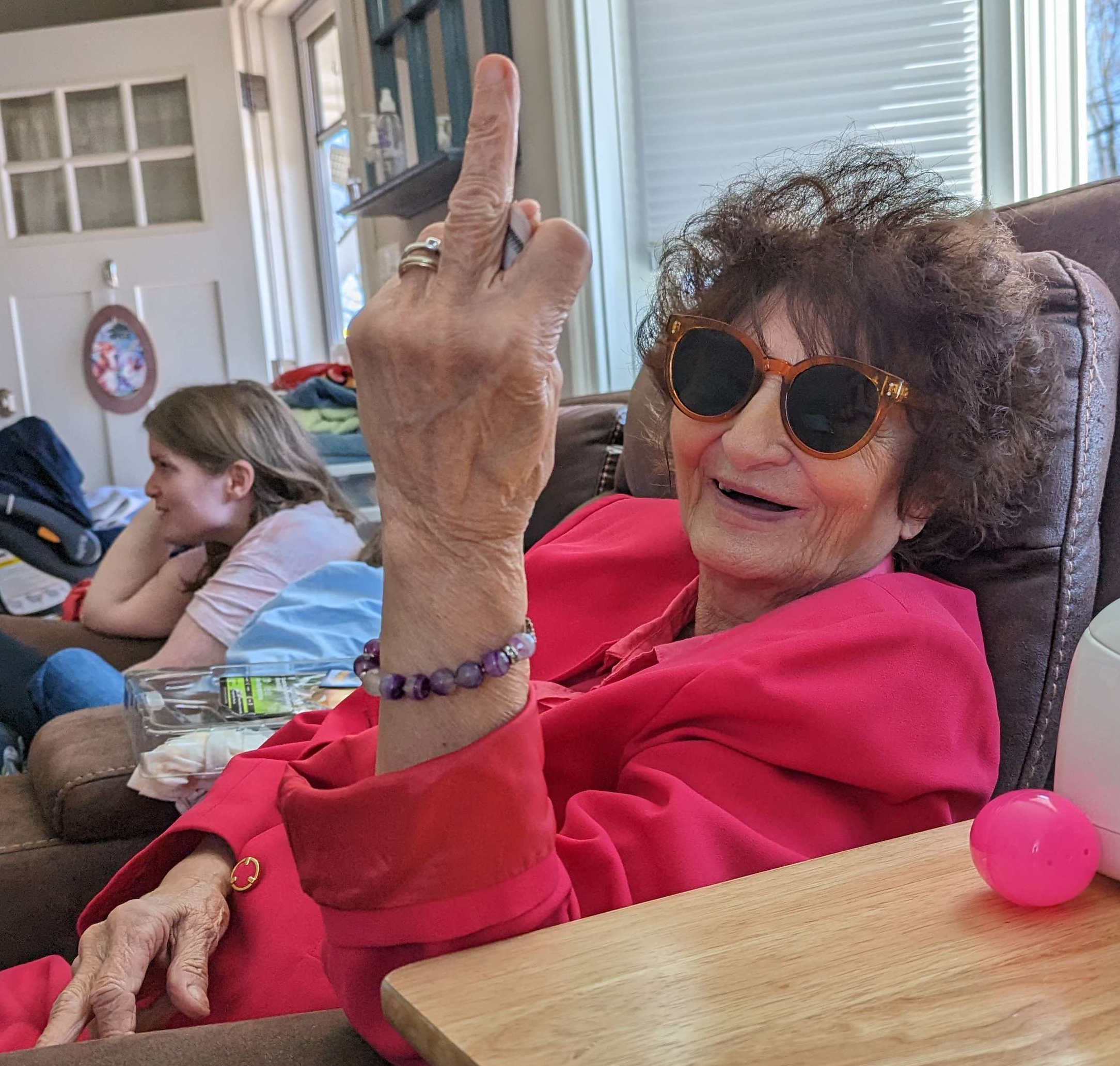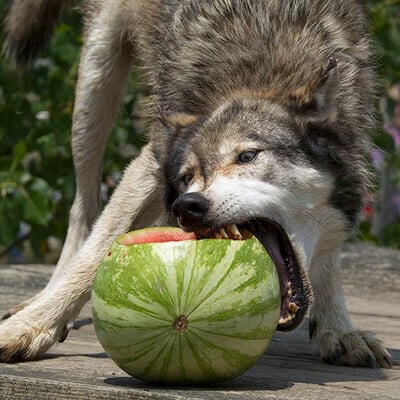So I’ve realized that in conversations I’ll use traditional terms for men as general terms for all genders, both singularly and for groups. I always mean it well, but I’ve been thinking that it’s not as inclusive to women/trans people.
For example I would say:
“What’s up guys?” “How’s it going man?” "Good job, my dude!” etc.
Replacing these terms with person, people, etc sounds awkward. Y’all works but sounds very southern US (nowhere near where I am located) so it sounds out of place.
So what are some better options?
Edit: thanks for all the answers peoples, I appreciate the honest ones and some of the funny ones.
The simplest approach is to just drop the usage of guys, man, etc. Folks for groups and mate for singular appeal to me when I do want to add one in between friends.
lemmies
I’ve found a lot of success using pal for the individual and folk for the group. Such as “Jesse is my pal”, or “Hey folks.”
…oh shit. Palworlds a thing now. Don’t use pal.
Alley cats
Folks for groups and friend for individuals is my go to. Comrade if you want to be spicy
Choom(s).
“What’s up everypony?”
All the alternatives make me cringe.
If someone is insulted that you use the term “guys” for a group, they’re not worth being friends with. That’s a lot of exhausting mental energy to deal with. Ignore 'em and move on.
You people
Both my partner and I use “dude” interchangeably for all genders. They’re NB for context
I’m just going out on a limb to remind people it’s totally ok to say sup man to legit anyone. People that care about that stuff are people you can choose to change it for if you want to be around that type of person.
In the words of Kel Mitchell:
I’m a dude, he’s a dude, she’s a dude, 'cause we’re all dudes.
Comrade.
☭
I just omit the unnecessary words or use their name. That works OK, although I’m awful with names so usually it just becomes “Good job!” or “What’s up?”.
Funny story time: in English I find this is not so bad. In French it’s worse. In Vietnamese it’s awful. We have dozens of pronouns. They’re not only mostly gendered, but contain information about their age and perceived status relative to you. It’s a 3-dimensional matrix where the axes are approximately gender, age/hierarchy, and degree of relation (inlaws/blood relations/strangers). You even get a different word for yourself in some of these situations. Then sometimes there’s a numerical rank inside each pronoun e.g. male uncle, my spouse’s family, 3rd oldest.
The language is already at maximum pronoun burden. Honestly it would just be easier if we called each other ‘human’ or ‘comrade’ or ‘citizen’ or something equally encompassing. It’s exhausting as a non-native speaker (and you are not ever allowed to use their names, that’s considered super rude).
Friend





